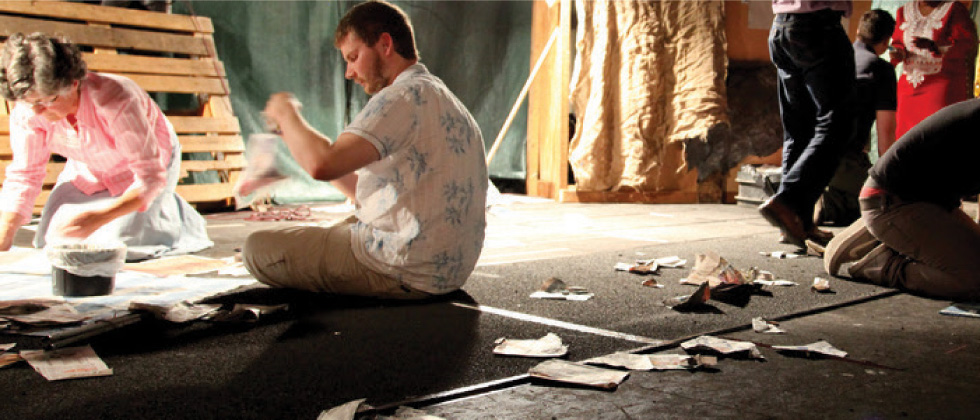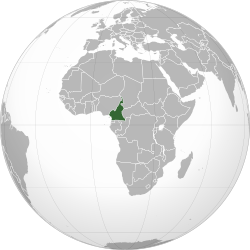Crossroads’ partner for this shipment originally began their work in a busy market town, aiming to provide support for widows, a safe space for women and girls who had suffered violence, health services for women, and training programmes to help vulnerable individuals gain financial independence and a degree of control over their own lives.
They mobilised women to support each other through small business cooperatives and social support networks, while also encouraging those who had benefited from their programmes to pass on their knowledge to others. However, years of violence between different language groups led to large numbers of internally displaced people (mostly women and children) arriving in their area. This was followed by Covid-19 lockdowns, which further stretched their already limited resources.
Our partner appealed to Crossroads for assistance in expanding their vocational training programmes and safe houses for victims of violence. This shipment will include computers and projectors, office and school furniture, toys, bicycles, and electrical appliances such as refrigerators, irons, food mixers, and sewing machines to support women in setting up their own small businesses.
Below: Alima (in green) was just 10 years old when she was seriously assaulted because her family belonged to the “wrong” side during the violence that has plagued her local area in recent years. Our partners provided her with accommodation in a safe house, as well as covering her medical bills and school fees. Three years later, her family was located, and she was able to reunite with them.
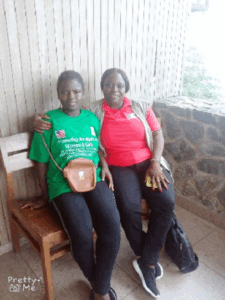

Gladys Lum (above, holding baby) was a traditional birthing attendant. Our partners sponsored her to receive formal training in midwifery and postnatal care. This significantly improved her success rate in delivering healthy babies and enabled mothers to recover more effectively after childbirth.
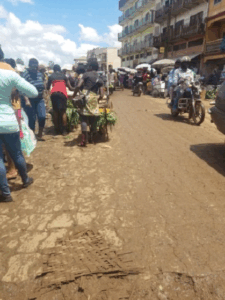
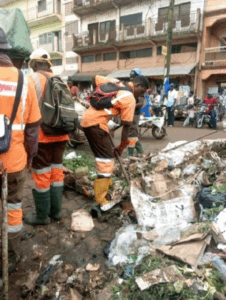
Before and after! Following years of civil strife, local services had fallen into disarray, leaving the local market resembling a rubbish dump. Our partners organised groups of volunteers to take on cleaning duties, resulting in a much safer and more hygienic environment. As a result, more businesses returned to the area, providing a boost to the local economy.

Above is a group of cassava farmers attending an agricultural training course run by our partners. They had previously been farming solely for their own families’ consumption, propagating each year’s new crop from the leftovers of the previous year, and were unaware of the importance of weeding or insect control.
The training covered topics such as companion planting (both for pest protection and to provide additional food crops) and soil conservation. The participants were also provided with seedlings of higher-yielding cassava plants to take home.
In the years that followed, average production per hectare increased by approximately 500%, enabling the farmers not only to feed their families but also to earn an income by selling the surplus.

